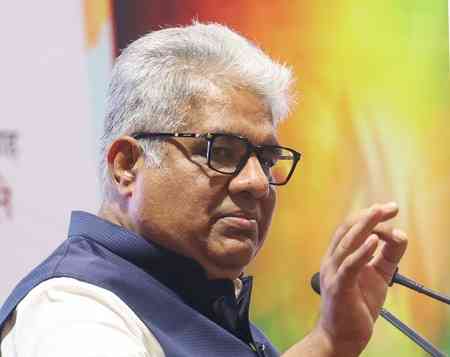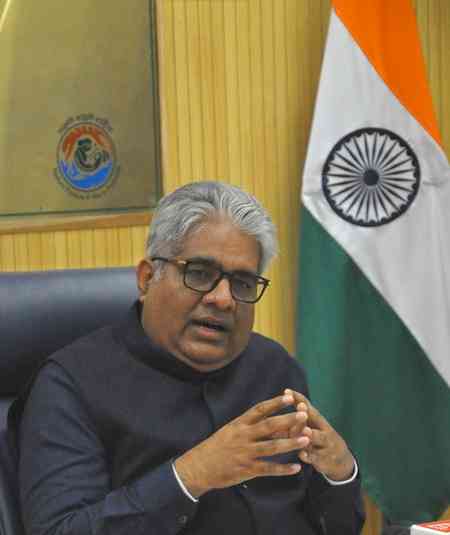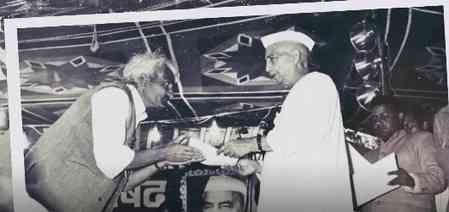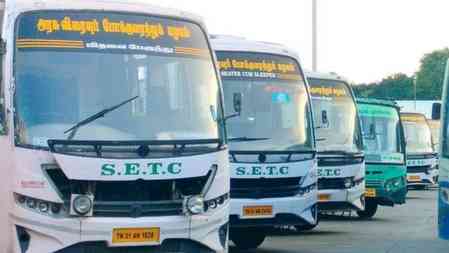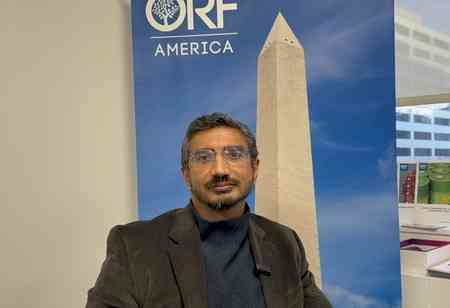Manipal Hospitals, Queen Elizabeth University Hospital – Interventional Radiology departments ink partnership in academic collaboration to enhance the use of high-end minimally invasive procedures.
The partnership opens the door to academic opportunities for Interventional Radiologists of Manipal Hospitals
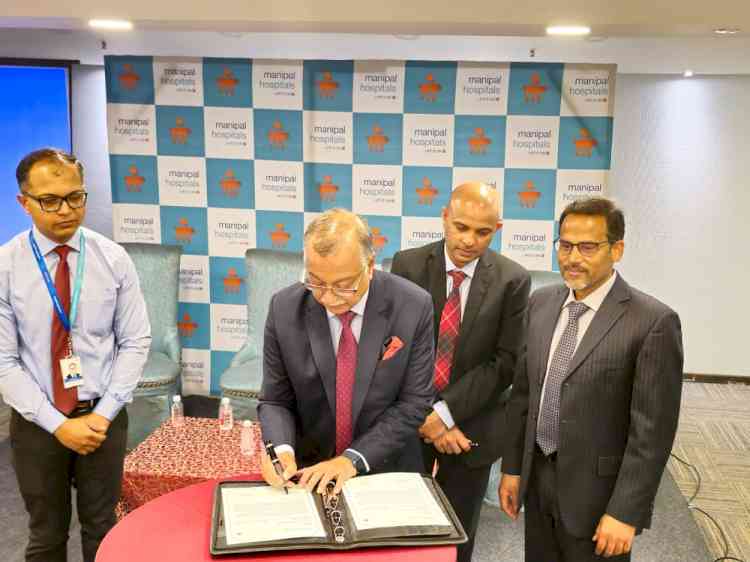
Bangalore: Manipal Hospitals, one of the leading healthcare providers in India, today announced the partnership with an established hospital campus, Queen Elizabeth University Hospital (QEUH) in Glasgow, Scotland. The partnership was sealed in the presence of Dr. H. Sudarshan Ballal, Chairman, Manipal Hospitals, Dr. Reddi Prasad Yadavali, Chairman, HOD & Consultant - Interventional Radiology, Manipal Hospital, Old Airport Road, and Dr. Ram Sundar Kasthuri, Consultant - Interventional Radiology, Queen Elizabeth University Hospital, Glasgow, Scotland.
This initiative will provide more academic opportunities for interventional radiologists from Manipal Hospitals which will help them learn advanced techniques and high-end procedures. Similarly, trainees from QEUH, Glasgow, will be able to spend time learning the new techniques adopted by the doctors in Manipal Hospitals, Bangalore.
Dr. H. Sudarshan Ballal, Chairman of Manipal Hospitals, said on the development, “We are thrilled to partner with Queen Elizabeth University Hospital in Glasgow. This collaboration will provide an unprecedented opportunity for our Interventional Radiologists to learn from global experts and enhance their skills in diagnosis and interventional therapy. We are confident that this partnership will not only benefit our doctors and patients but also contribute to the advancement of Interventional Radiology as a specialty in India."
The Queen Elizabeth University Hospital is a state-of-the-art tertiary care centre in the NHS, catering to a large patient population. The university Hospital offers a wide range of minimally-invasive procedures with high quality and safety. They often organize conferences, courses, and programs to discuss advanced technologies and techniques used for diagnosis and reducing complications during procedures.
The Interventional Radiology department at Manipal Hospitals is a state-of-the-art, well-equipped super specialty centre, with doctors performing a wide range of minimally-invasive procedures. World-class services are offered under one roof. This collaboration will help Interventional Radiologists at Manipal Hospitals enhance their academics, use advanced technology to treat a variety of clinical conditions and provide minimally invasive alternatives to the current traditional methods. As a result, this will reduce costs, cut down hospital stays, and result in quick recovery periods for the patients.
On the partnership, Dr. Ram Sundar Kasthuri, Consultant – Interventional Radiology at QEUH, said, "We are deeply honored for this opportunity to collaborate with one of the best healthcare hospitals in India which is highly equipped with advanced technology and expert doctors. Over the years there has been a steady growth of IR in India. And learning and exchanging knowledge on techniques and high-end procedures will certainly contribute to the advancement of healthcare technology in India and all over the world.
With this strategic partnership, Manipal Hospitals and QEUH will create new avenues for academic collaboration, innovation, and excellence in Interventional Radiology, benefiting patients and healthcare professionals alike.
Dr. Reddi Prasad Yadavali, Chairman, HOD & Consultant - Interventional Radiology, Manipal Hospital, Old Airport Road, said, “Utilisation of Interventional Radiology is increasing rapidly around the globe. With an increasing number of training programs and official recognition of IR as a super specialty, there has been an expansion in the practice of Interventional Radiology in our country. Today, it has become an integral part of the clinical management of patients suffering from any disease, benign or otherwise.
Interventional Radiology (IR) is a rapidly growing medical specialty that treats complex diseases, such as uterine fibroids, enlarged prostate, dialysis access, thyroid nodules, hemoptysis (coughing up blood), varicose veins in the legs, liver and kidney cancers, pelvic congestion syndrome, through minimally-invasive methods. This initiative can be a stepping stone to the highest possible quality care and advancement in the treatment methods for patients in India.


 City Air News
City Air News 







